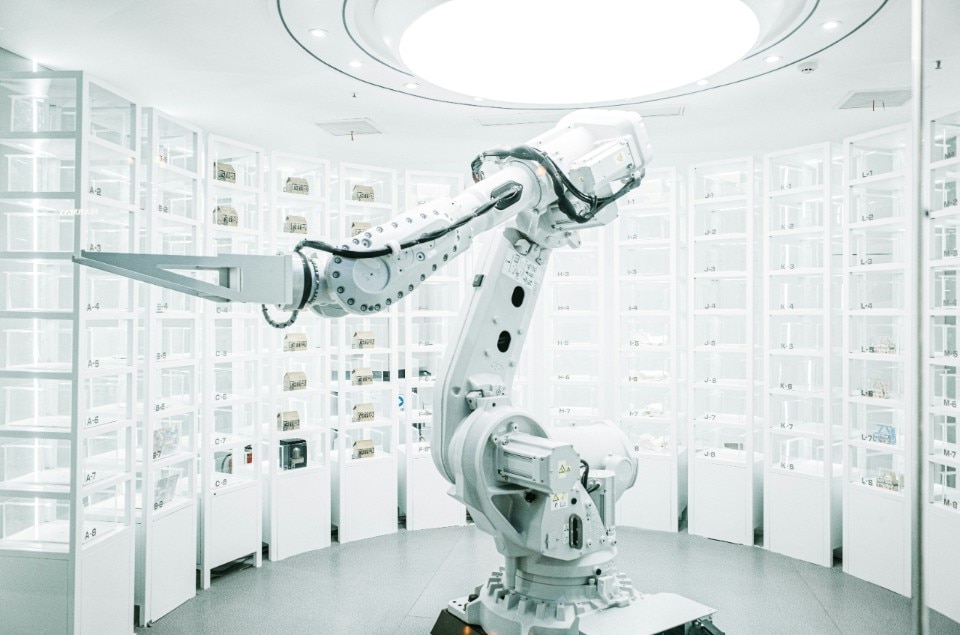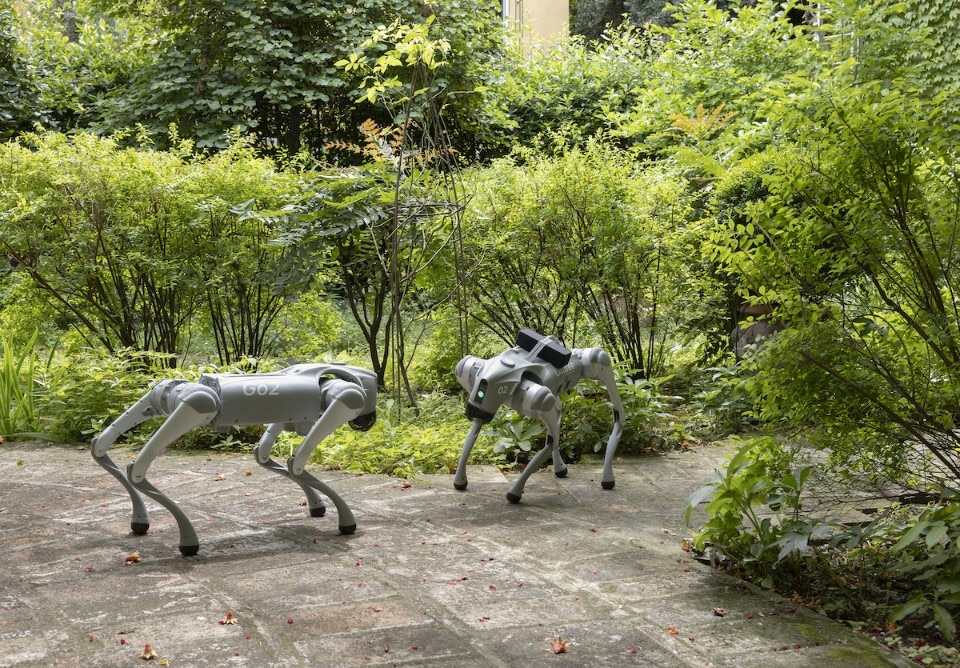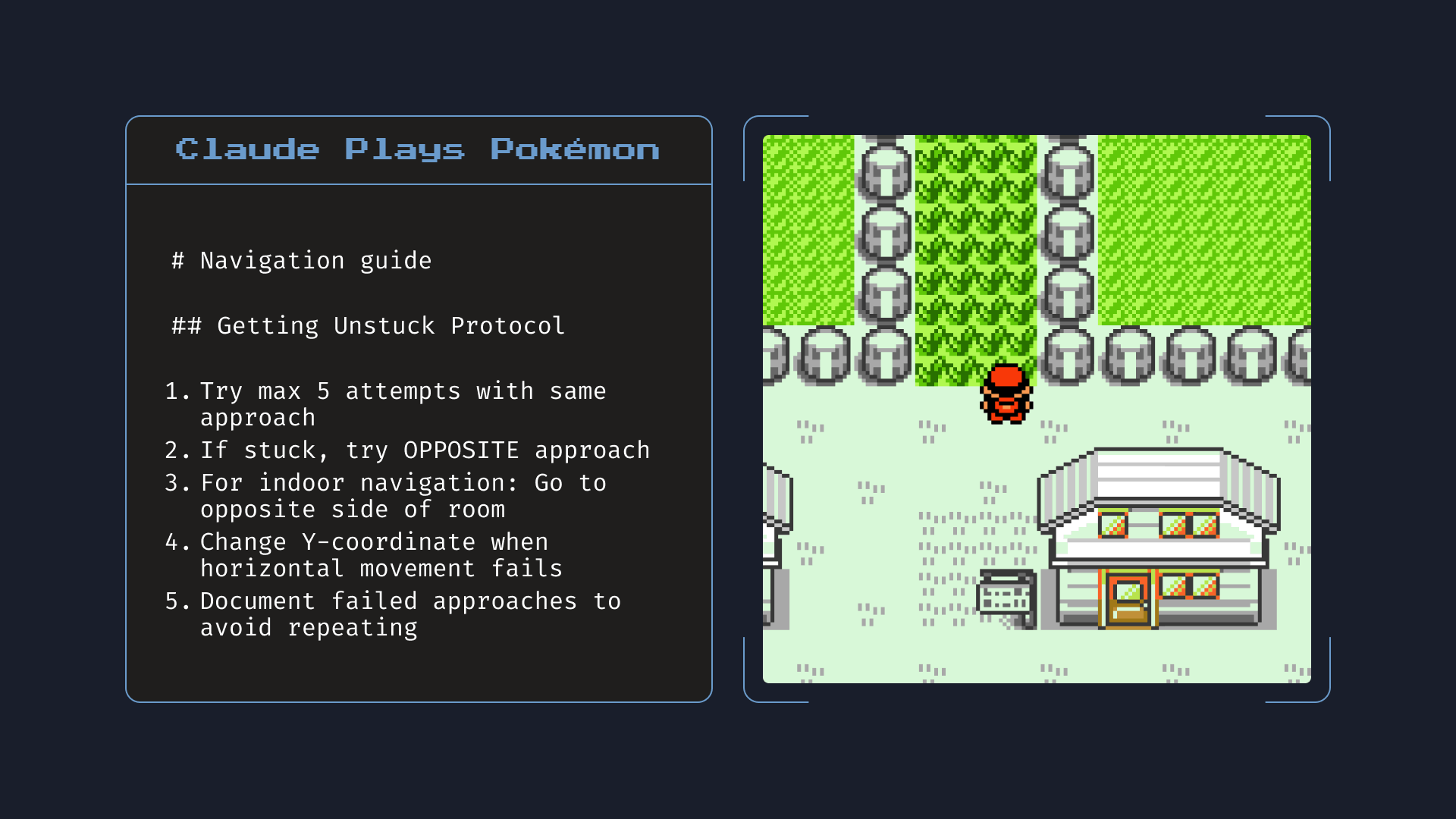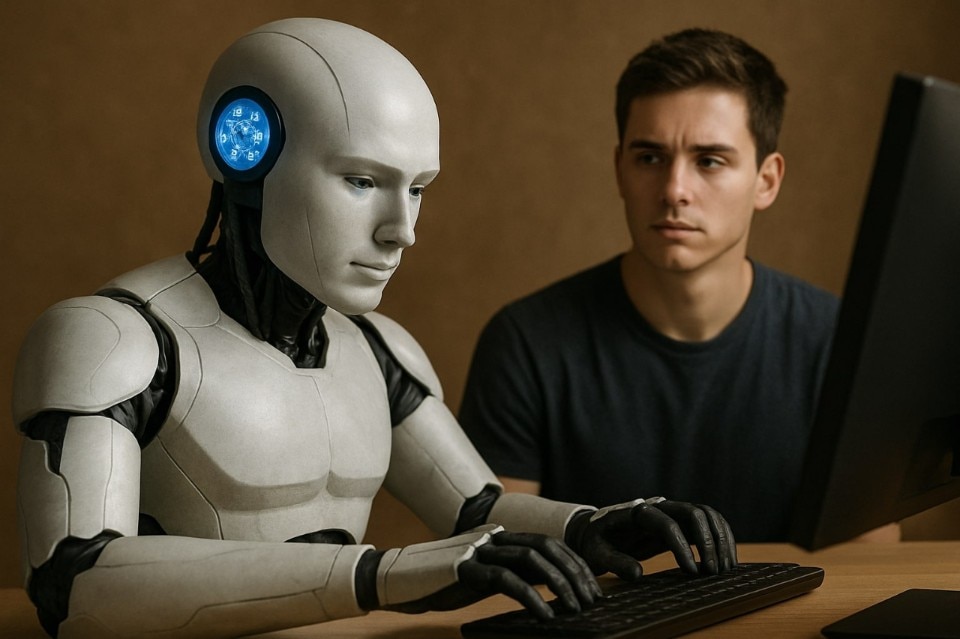Stories about artificial intelligence making inroads into the job market are becoming increasingly common. Companies are laying off thousands of employees to become “AI first”—automating as many tasks as possible. Some executives openly admit they have stopped hiring software engineers below a specific experience level, effectively replacing junior roles. Others proudly claim that a single computer scientist can now do the work that once required a team of 75 people.
The numbers confirm the trend. In the U.S. alone, Walmart has announced the layoff of 1,500 employees to “streamline operations”—in other words, to replace workers with AI systems. Meanwhile, cybersecurity company CrowdStrike has cut 500 jobs (about 5% of its workforce), explicitly stating that “AI is reshaping the industry.”
The dreaded ‘job apocalypse’ caused by the rise of artificial intelligence is becoming a reality—but in a very different way from what was predicted a decade ago. It is not manual job that is being replaced. Instead, it is workers in the advanced tertiary sector who are being blindsided.

As the news outlet Axios bluntly puts it: “Don’t be fooled. We have spoken with dozens of CEOs across companies of all sizes and sectors. Every single one is working feverishly to figure out when and how AI agents or other technologies can replace human workers. The moment these systems can operate at a human-equivalent level of performance—which could happen in six months or in several years—companies will replace humans for machines.”
Actually, companies do not even seem willing to wait for AI to match human-level performance. The latest Future of Jobs report from the World Economic Forum reveals an alarming statistic: 41% of employers surveyed are already planning to reduce their workforce in favor of artificial intelligence. According to Till Leopold, the report’s lead author, “The jobs most at risk are primarily office roles that involve data entry and management, as is the case with administrative tasks and para-legal work.”

The dreaded “job apocalypse” caused by the rise of artificial intelligence is becoming a reality—but in a very different way from what was predicted a decade ago. It is not manual job that is being replaced (indeed, store clerks, truck drivers, hairdressers, chefs, boiler technicians, and house painters are all safe—for now and likely for quite some time). Instead, it is workers in the advanced tertiary sector who are being blindsided by the rapid rise of generative AI systems that can (more or less) do their jobs—while significantly cutting costs and maximizing profits.
But if that is the case, why isn’t the world—especially the West, where the tertiary sector accounts for around three-quarters of all employment—protesting mass layoffs? Beyond a few notable exceptions (such as the major Hollywood strike, which aimed in part to protect writers, directors, and actors from AI), how is this “apocalypse” unfolding with so little public backlash?

The reason was summarized by another author of the report, Duke University professor John Graham, as follows: “In the short term, and with some exceptions, it is not so much about firing people as it is about not hiring workers who otherwise would have been hired.” In fact, those bearing the brunt of the change—largely unnoticed—are recent graduates applying for junior roles: the very positions increasingly being handed over to ChatGPT or more specialized systems like DevinAI, used in the field of programming.
In early 2025, the U.S. unemployment rate among recent graduates rose to 5.8%—an unusually high figure that increases further in highly automatable fields like IT and finance. Even more alarming numbers are coming from Europe. As Arcangelo Rociola wrote in La Repubblica: “European tech companies have drastically reduced new hires by 73.4% since 2024—especially entry-level roles. [...] The sharp decrease in junior positions contrasts with a much smaller 7.4% drop in overall hiring, highlighting how AI adoption is reshaping recruitment strategies in the European tech sector, particularly among startups looking to cut costs.”
According to Dario Amodei, CEO of Anthropic (a leading player in generative AI), “AI could eliminate half of all junior tertiary sector jobs and drive overall unemployment up to 20% within five years.” As is often the case in Silicon Valley, the impact of technology on society is experienced—and described—as something inevitable, deterministic, rather than the result of deliberate economic and social choices.
Amodei’s point of view is hardly a neutral one, especially considering that Anthropic latest large language model, Claude Opus 4, has just been unveiled promoting its exceptional programming skills and ability to operate autonomously for hours on end—freeing companies from the need to closely supervise AI systems.
Despite a few inevitable blunders—often by companies that rushed headfirst into becoming “AI first” and then had to backtrack (the most notorious example being the fintech startup Klarna)—the path forward seems to be set. Yet, there is still no political will to mitigate the looming “job apocalypse.”
And to think that not long ago the dominant slogan on LinkedIn among tech influencers was: “AI won’t take your job, people who know how to use AI will.” Instead, things are playing out quite differently, even if the slogan—simplistic as it is—did point to a valid insight.

By their nature (if we can even use that term), artificial intelligence systems are not inherently meant to replace human workers. They are designed to be complementary. Their strengths—processing large volumes of data quickly, generating text or code autonomously, and operating 24/7—yield the best results when paired with human abilities, which machines completely lack: creativity, judgment, empathy, critical thinking, and strategic vision. In short, what machines do best is the exact opposite of what humans excel at.
And yet, the reality is unfolding in a very different direction. Rather than forging a human-machine alliance, we are moving toward systematic replacement of workers—driven solely by cost-cutting and profit-maximizing motives, even at the expense of service quality. As a result, the real winners of the ChatGPT revolution (and its many siblings) are large corporations—while the broader society bears the losses.
If this trend continues—and all signs suggest that it will—it may soon become impossible to ignore a topic that has largely faded from the public conversation in recent years: universal basic income.
The cover image is generated with ChatGPT.




